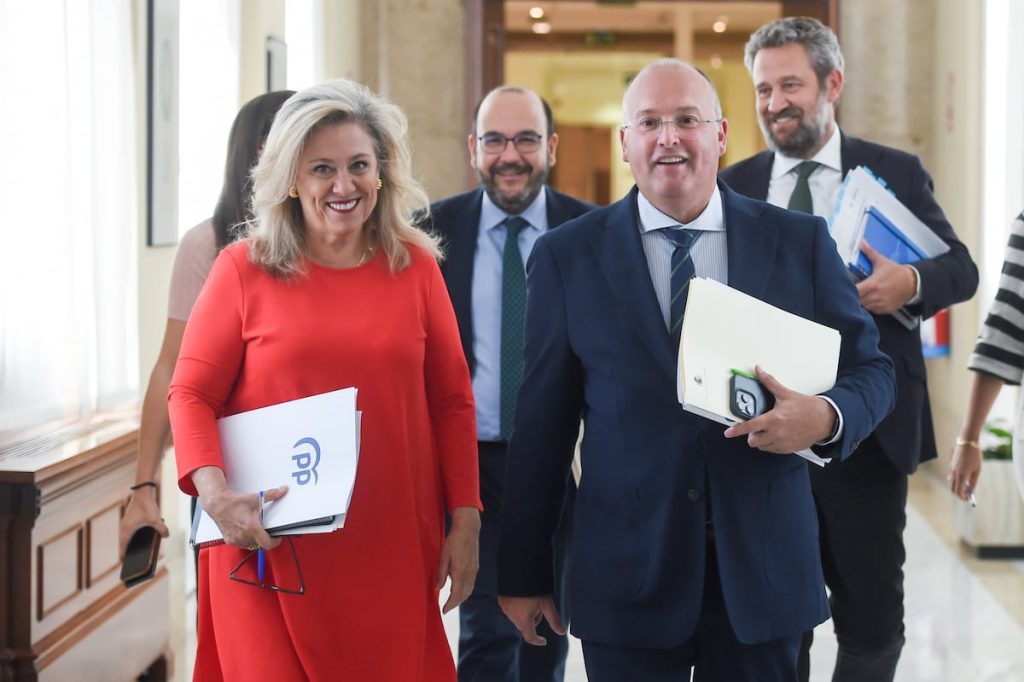The PP led by Alberto Núñez Feijóo has resumed its strategy of questioning the current Congress, its president, the socialist Francina Armengol, and the Prime Minister, Pedro Sánchez. They believe that Sánchez “disdains” the Parliament by asserting his commitment to advancing his agenda of reforms “with or without the support of the opposition, with or without the participation of the legislature.” The PP recently pushed for a non-binding resolution in support of recognizing Edmundo González as the president of Venezuela and forced a debate on the government’s actions regarding the migration crisis. Through alliances with Vox and Unión del Pueblo Navarro, the PP aims to highlight the parliamentary weaknesses of the government.
The PP’s spokesperson in Congress, Miguel Tellado, announced that the request for Sánchez’s appearance was supported by the PP, Vox, and the Mixed Group, with the vote of the UPN deputy being crucial. The PP suggested an urgent and essential intervention by Sánchez to be scheduled by the House Committee for the following week, which was not originally planned. However, the Secretary of State for Relations with the Cortes, Rafael Simancas, explained the challenges of accommodating the Prime Minister’s agenda with such short notice. The PP’s interpretation of Sánchez’s statement as a disregard for the legislative power further emphasizes their belief that he is bypassing the authority of the legislature.
The Government, led by Vice President María Jesús Montero, clarified that Sánchez’s commitment to advancing his agenda does not imply a disrespect for the legislative power. Despite the challenges posed by his weak parliamentary position, exacerbated by recent disagreements with ERC and Junts, the Government remains committed to presenting the State budget for 2025 in a timely manner. They are also open to extending the current budgets, which are expansive and support various ministries’ programs and investments. Allied parties like Podemos, PNV, and Compromís have advised Sánchez to consider his previous support and reasons for governing.
The possibility of governing without new budgets is not unprecedented, as illustrated by former Prime Minister Mariano Rajoy’s two instances of extending budgets due to a lack of parliamentary majority. Similarly, the President of the Community of Madrid, Isabel Díaz Ayuso, faced budget deficits for three of her four years in office due to Vox’s opposition. The Socialist spokesperson, Patxi López, assured that Sánchez’s appearance in Congress will occur shortly, likely after the next European Council meeting. In the meantime, Minister of Inclusion Social, Elma Sáiz, will address immigration issues during the upcoming parliamentary session.
In conclusion, the PP’s renewed focus on challenging the government’s legislative authority reflects a wider debate surrounding the Executive’s autonomy and accountability to the Parliament. As political tensions escalate, both sides must navigate the complexities of parliamentary procedures and public expectations to effectively govern and address pressing issues like the migration crisis. The upcoming weeks will be crucial in determining the direction of the political landscape and the feasibility of advancing key legislative measures in Spain.


